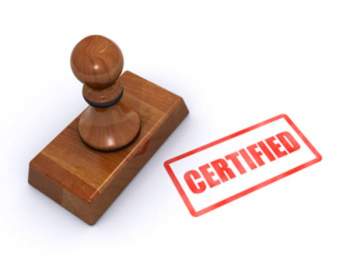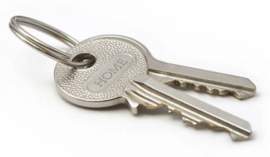
How Can a Self Certified Mortgage Help You?

A self-certified mortgage is a type of mortgage loan that permits the individual borrower to propose a financial statement reflecting their respective income with the hopes of optimizing mortgage rates.
The first incarnation of aself-certified mortgage was implemented in the late 1990’s, and was established in order to accommodate small business owners and/or startup business owners who could not provide sufficient income statements that were required in order to be approved for a mortgage loan.
As commercial and business mortgage loans differ from residential mortgage loans, a self-certified mortgage affords newer and/or smaller businesses the opportunities to receive mortgage loans.
Applying for a Self-Certified Mortgage Loan
Aself-certified mortgage is merely for small businesses and the self-employed. Many individuals have benefited from self-certified mortgage loans, such as freelance employees, contract hired, and employees working on contractual contract basis.
Self-Certified Mortgage Loan Rates
Individuals applying forself-certified mortgage loans will traditionally find that a deposit ranging from 70% to 80% of the value of the property with which the mortgage is being applied. Upon the application process for a self-certified mortgage loan:
• A valuation of the individual’s home will be required, as well. This entails a full inspection, as well as an evaluation by an appraiser. The results rendered from this process will dictate the value parameters of the remortgage loan rate.
• An individual will be required to present similar information as was requested upon the application for the initial mortgage. Some examples of information that will be requested by a self-certified mortgage lender will be current household income, debts, expenses, and other financial state of affair; this is in tandem with an expressed report of the current state of the previous mortgage. Although not every individual will be required to list their income, a statement of income will assist the self-certified mortgage lender in assessing manageable payments and rates.
• A downside of self-certified mortgage rates is the potential for higher interest rates that traditionally exist in standard mortgages; these interest rates are never uniform, but are more common in the event of a self-certified mortgage. In addition, APR rates can vary in terms of a self-certified mortgage loan.
Remortgage Legality
The parameters and protocols surrounding both the application and approval process of a self-certified mortgage vary on an individual basis and in conjunction with the borrower’s respective state of affairs; all self-certified mortgage forms should be completed to the fullest extent in a meticulous fashion. In the event that an individual experiences difficulty completing – or understanding – the requirements of a self-certified mortgage, they are encouraged to consult an attorney specializing in real estate, property, finance, employment, and contracts.
NEXT: Facts on Mortgages for the First Time Buyer





















